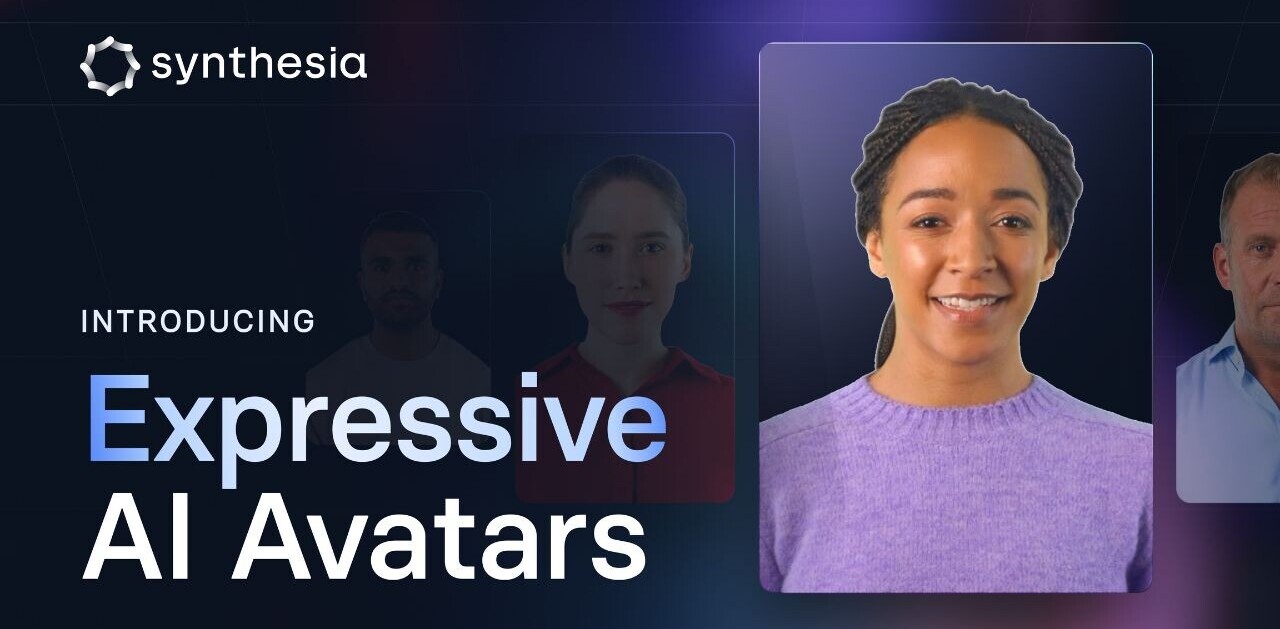
Europe’s linguistic diversity is getting a boost into the AI era with the creation of new LLMs for Nordic languages.
Fittingly named Viking, the model family is the brainchild of Finnish startup Silo AI. The company claims to host Europe’s largest private AI lab and has pledged to protect the continent’s digital sovereignty.
Viking is the latest step of that mission. By integrating Danish, Finnish, Icelandic, Norwegian, and Swedish into its open-source models, Silo AI plans to expand digital inclusivity. The startup today released Viking’s first checkpoints.
Peter Sarlin, Silo AI’s CEO and co-founder, wants the LLMs to “bridge gaps” in digital communication.
“We aim to cater to the nuances of these low-resource languages and ensure that LLMs reflect the values and culture of the Nordic people using them,” Sarlin told TNW.
All five Viking languages are low-resource, meaning they lack the linguistic data needed to train high-performing LLMs. That threatens their future in the digital world — and the physical world too.
Without LLMs in these languages, communities could be deprived of countless services, from machine translation to personalised healthcare.
Businesses would also lose access to potential markets. And as AI spreads deeper into our lives, linguistic diversity and cultural heritage could disappear.
Silo AI’s solution to this problem focuses on Europe.
Nordic languages and Europe’s digital sovereignty
Before announcing Viking, Silo AI earned plaudits for Poro, an open model for English, Finnish, and programming languages.
Viking expands the repertoire. The new suite of models was built to master the low-resource Nordic languages, without compromising the high-resource English language.
According to the startup’s evaluations, Viking offers “unparalleled proficiency” in Nordic languages.
Additional tests suggest the family’s English performance is on par with other open models, such as Mistral and Meta’s Llama. Viking also reputedly “excels” in processing multiple languages and coding.
These capabilities enable “almost endless” applications, Sarlin said, from content creation and translation to research and programming support.
Another target for the models is public sector services, such as education and healthcare. In these use cases, linguistic accuracy and cultural sensitivity are crucial.
Poro and Viking can expand the benefits of these services to low-resource language speakers.
“We enable European stakeholders to have sovereignty over how downstream applications and value creation occur,” Sarlin said.
In the fiercely competitive AI world, Viking could also bolster Europe’s business landscape.
Silo AI plans to build on these ambitions by expanding its model family. Before this year ends, the startup plans to integrate every official EU language.
Update (14:00 CET, May 14, 2024): Updated to clarify that this was a checkpoint release.
One of the themes of this year’s TNW Conference is Ren-AI-ssance: The AI-Powered Rebirth. If you want to go deeper into all things artificial intelligence, or simply experience the event (and say hi to our editorial team), we’ve got something special for our loyal readers. Use the code TNWXMEDIA at checkout to get 30% off your business pass, investor pass or startup packages (Bootstrap & Scaleup).
Get the TNW newsletter
Get the most important tech news in your inbox each week.



